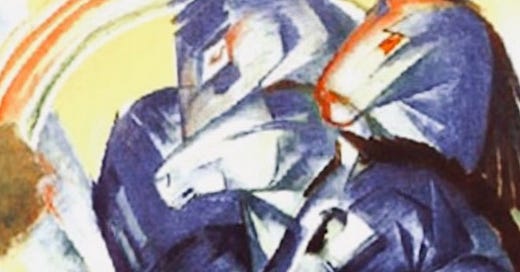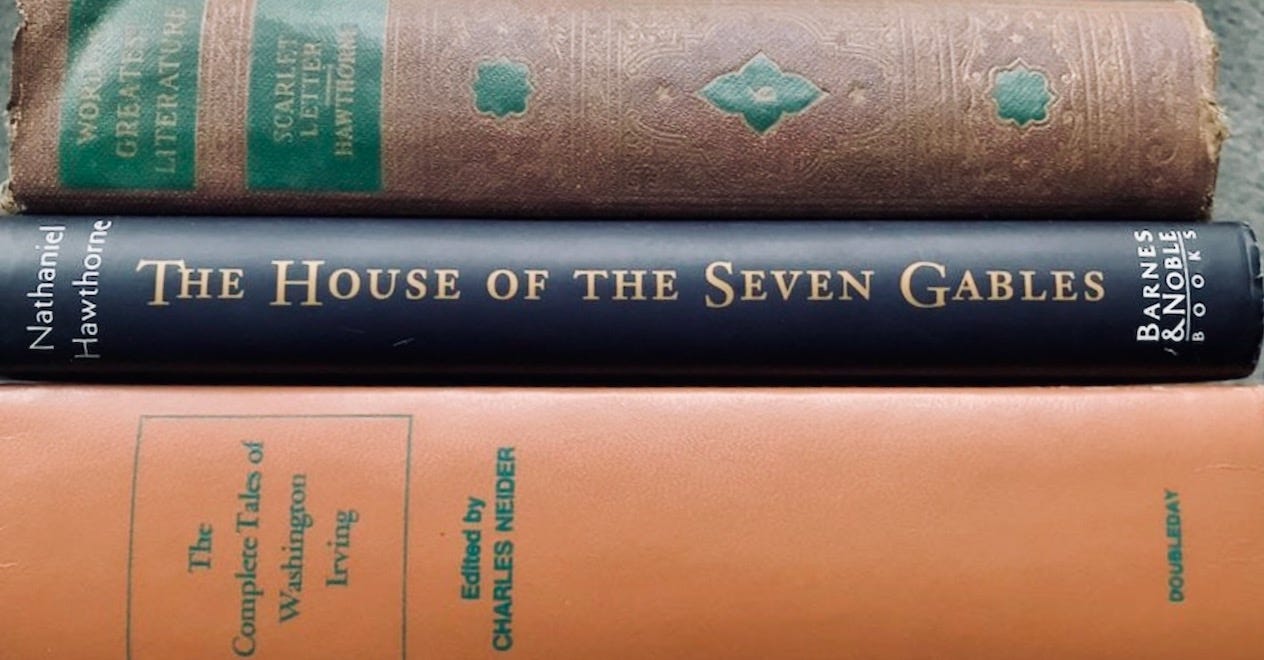Part III - The Stables . . . Notes, References, and Shoutouts (Chapters 14 - 19)
(TWISW Supplement #4)
All of us kept a low profile, except Louis who made a show as a gambler, and in the service of veracity, once allowed himself to be rolled.
References to the strategy of deception are drawn from my own research in the 1980s with Barton Whaley, and more so recently from the serendipitous discovery of Philip Gerard’s book on the WWII Allies’ use of this strategy (particularly in the planning of D-Day): Secret Soldiers. The Story of War War II’s Heroic Army of Deception. Dutton, 2002. (© Philip Gerard, 2002). “Other guys were assigned to sham drunkenness at local cafes and brothels, to shoot off their mouths, deliberately spreading misinformation about their false unit's plans and capabilities.”
Chapter 15. Tea in a Time of Uncertainty
"Every deception begins with a story," Louis said. Louis was always saying something. He would say this as he got out of the car, returning from his trip to the city and back, a journey he drove almost every day, paying particular attention to be seen by as many people as possible. This was his story, and he wanted to have it permeate the minds of the audience that held us under observation. He wanted them to not just believe it, but to do something about it.“
Again, drawn from Secret Soldiers: “Special Troops not in the field servicing the equipment or putting on sonic deceptions [emphasis added] would drive around in convoys in order to be seen and recognized as belonging to a particular outfit that was actually someplace far away." The use of sonic deception in TWISW (the stereo speakers mounted on Louis’ livestock trailer) in particular was drawn from this book.
Chapter 16. Before My Skin Was Broken
Mrs. Emma Peel from the British television series The Avengers (played by Diana Rigg). She’ll be missed.
There are six classical foundation lines of Lipizzaners, plus two additional ones, one of which is the sire line of Tulipan. See: Lipizzan International Federation
Chapter 17. Boxcars and Stockyards
The noise of the faux traveling show continued to rise up through the speakers into the inky sky, bewildering and eerie, swirling through the silence of the desolate road and still October air, spooking them. Ghost horses were galloping through—the Four Horsemen of the Apocalypse, the specters of Sleepy Hollow—evoking the scent of fear, the phantom rustling and trembling of roadside branches, bent and curved by invisible passersby.
I am a fan of New England /Hudson Valley Gothic, Nathaniel Hawthorne and Washington Irving especially, and most of my stories will include a small homage to these two writers.
Nocturne Op. 72, No. 1 in E minor
Tuzla had not suffered as much chaos early on as other areas in Bosnia, so it was still possible at this time to slip in and slip out.
“Salt and Socialism: A Deconstruction of Tuzla’s Political Identity in the Context of the Bosnian Conflict.” Anna Calori. University of Exeter. Ethnopolitics Papers, May 2015 No. 35 https://www.psa.ac.uk/sites/default/files/page-files/Calori_EP_No35.pdf
“. . . the case of Tuzla, one of the very few instances of inter-ethnic cooperation during the conflict, at the political as well as religious and civil-society level. . .. Tuzla’s character as a historically and traditionally multi-ethnic town with a multifaceted demographic composition can be identified as one of the main reasons accounting for the lack of ethnic grievances and intolerance among its citizens.”
Chapter 19. Don’t You Like Birds, Mr. Sedlak?
Another chapter title drawn from an episode of Star Trek TOS (the original series), this time, Shore Leave. It’s time for the crew to take shore leave, and the first contingent beams down to a planet supposedly devoid of animal life. A series of decidedly odd events occur, and Lieutenant Rodriguez informs Captain Kirk via communicator that he has just seen a whole flock of birds flying above him. Kirk, in a romantic daze due to encountering the illusion of his old flame, Ruth, responds dreamily on his end, ‘Don’t you like birds, Mr. Rodriguez?’
Richard’s seatmate, during her train reverie en route to Budapest, is, in a sense, asking Richard that question. Do you like what you thought you could not see/would not be able to feel? Do you believe it? Birds in the sky, indistinguishable one from the other so far on high, yet we envy them their flight and freedom, and we throw our emotions out to them and imagine their cawing and flapping of wings as the answers to our deepest hopes and desires even though their calls are indecipherable, understood only within the flock, and not meant for us. She is asking if there is some Uncle Henry within him, not just Aunt Jean. Asking if he believes in desire, in the persistence of love and beauty.
Top Image: Detail from Turm der blauen Pferde (The Tower of Blue Horses), Franz Marc, 1913. Public domain, via Wikimedia Commons








